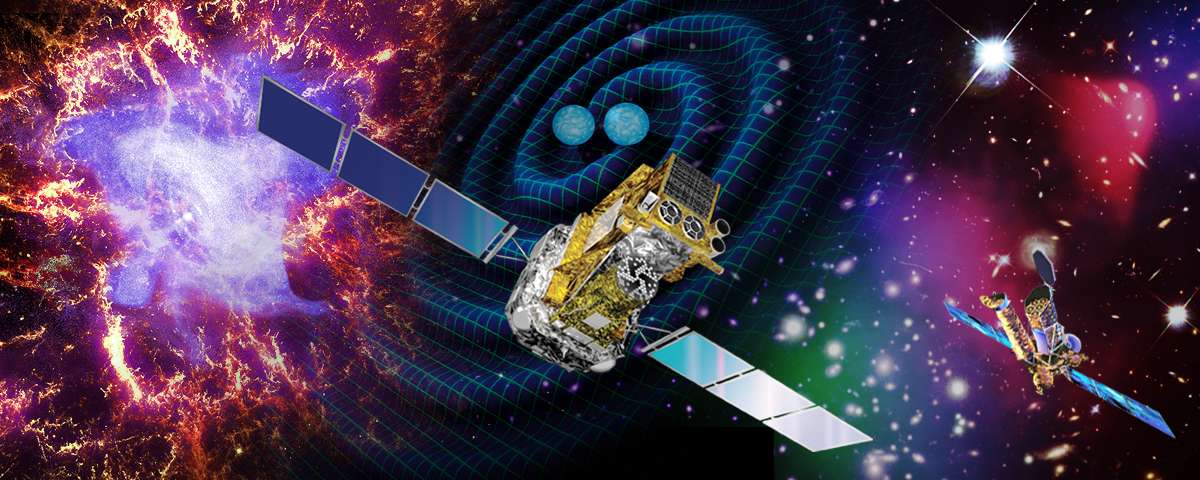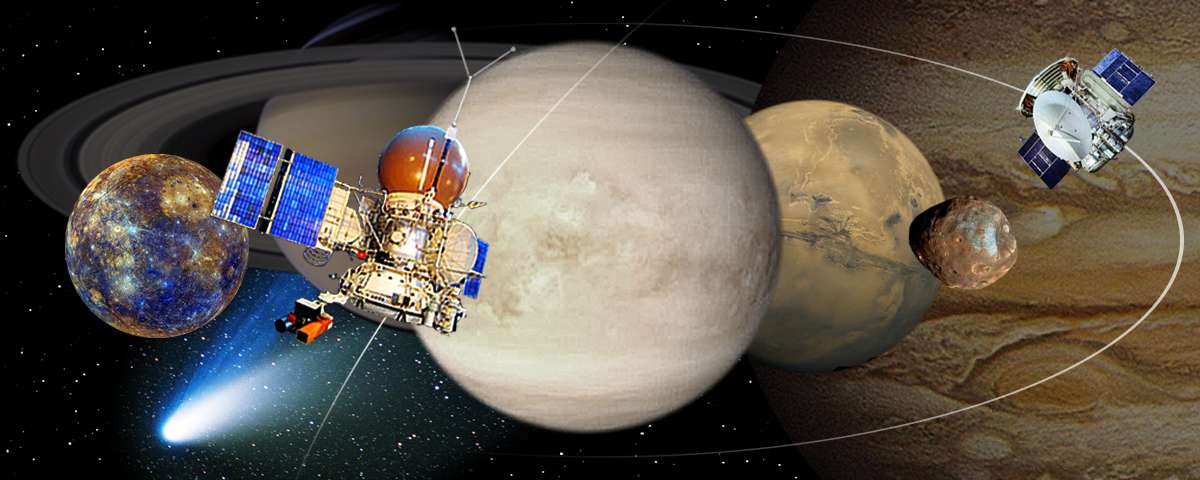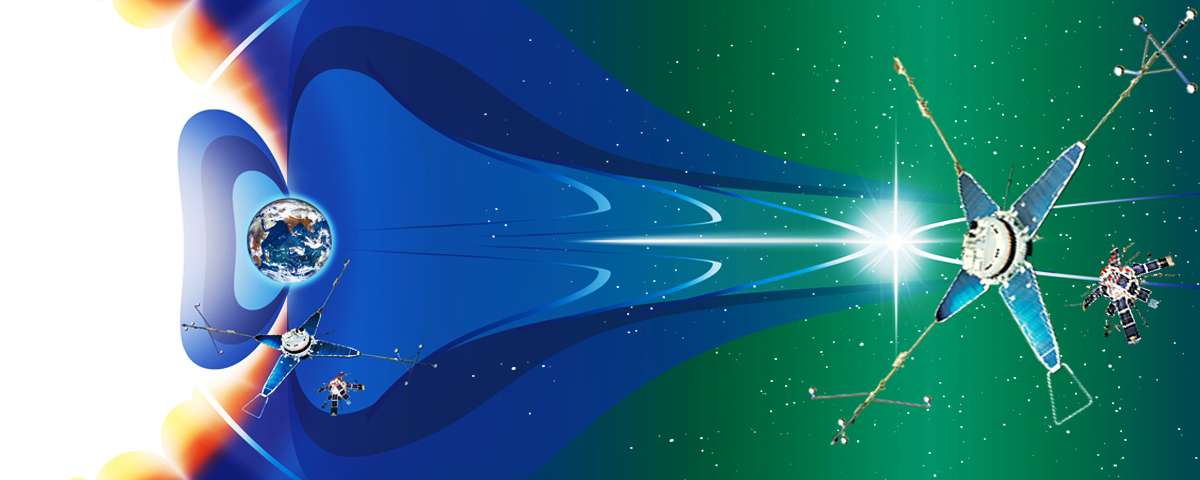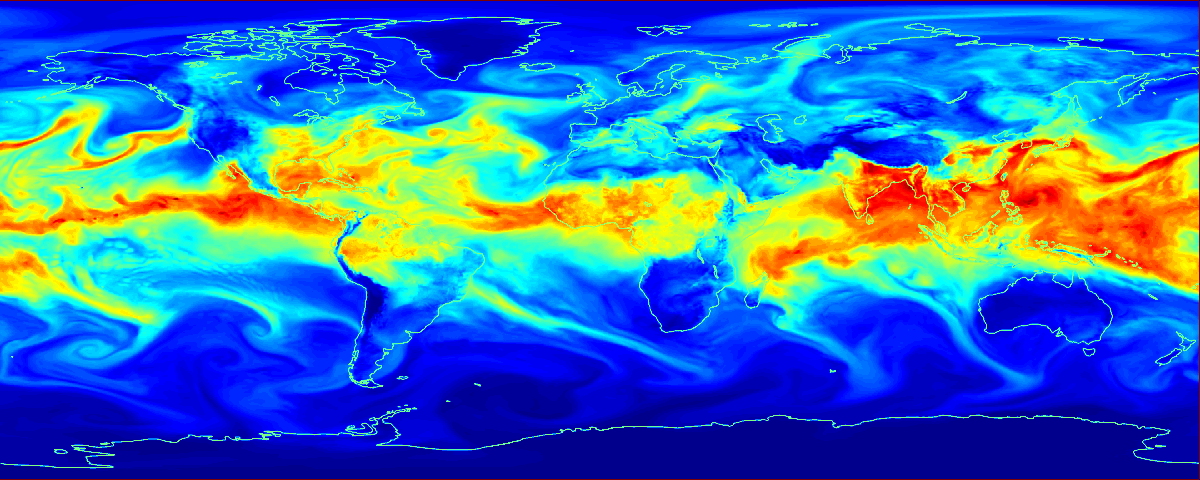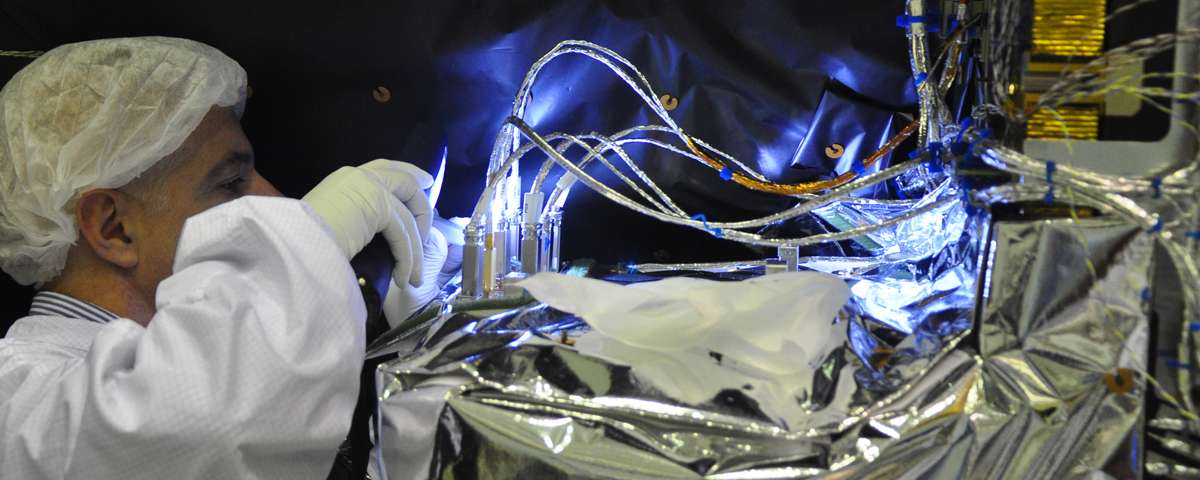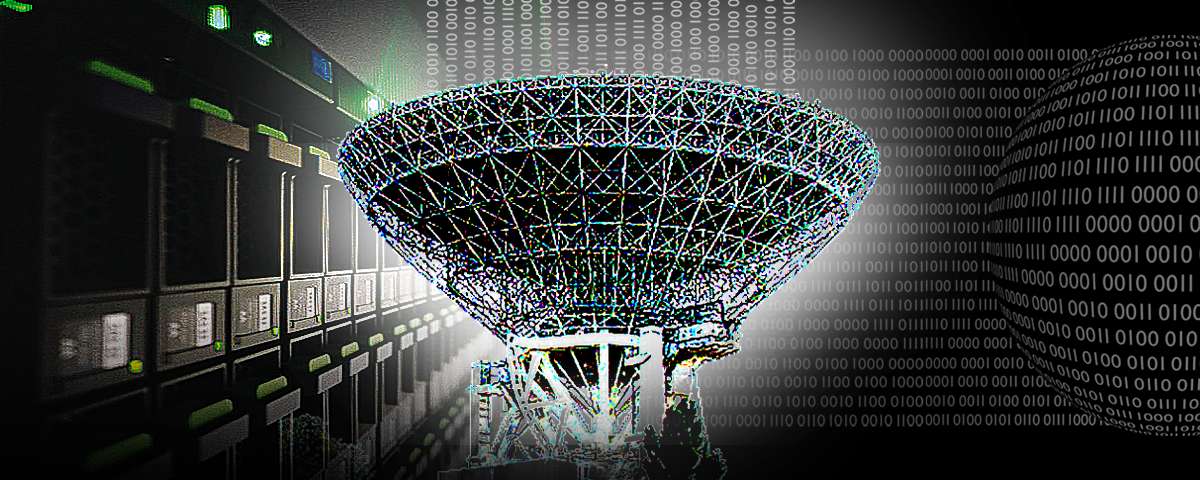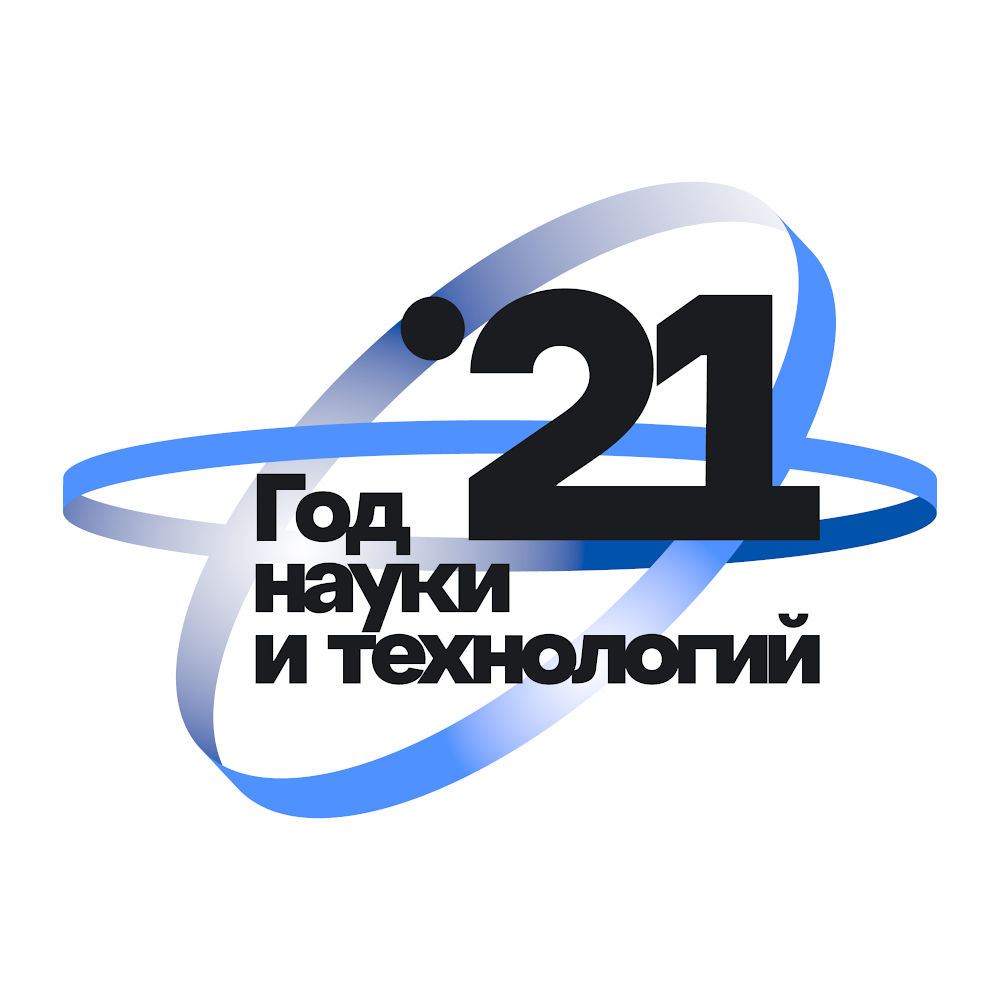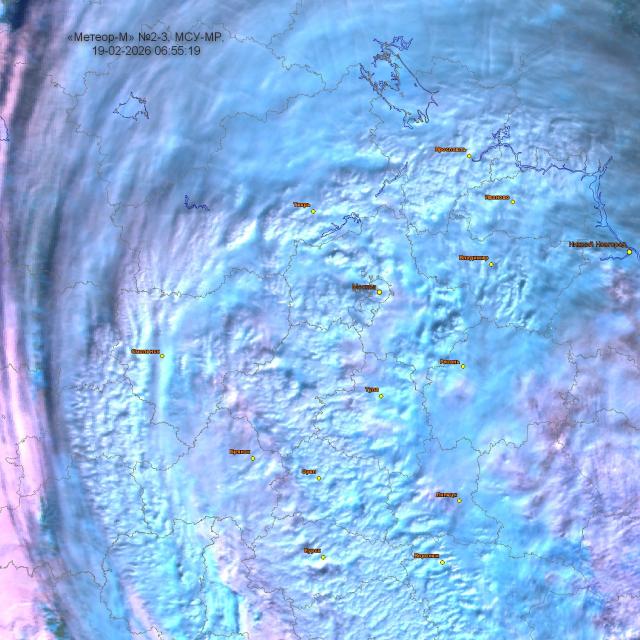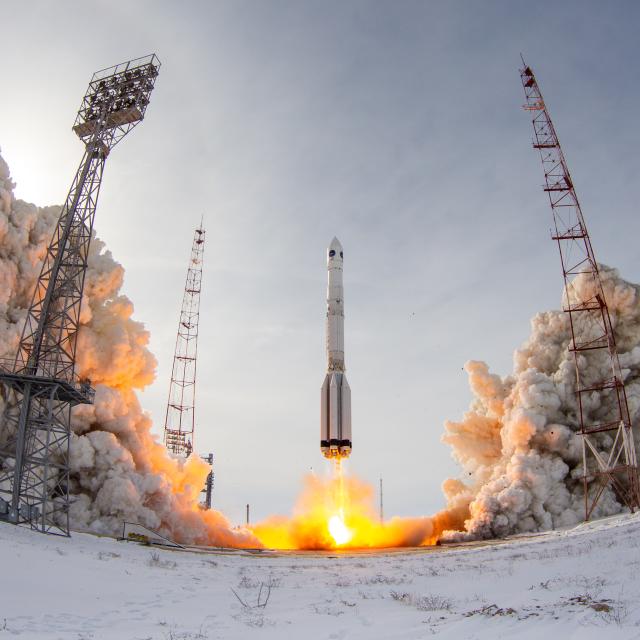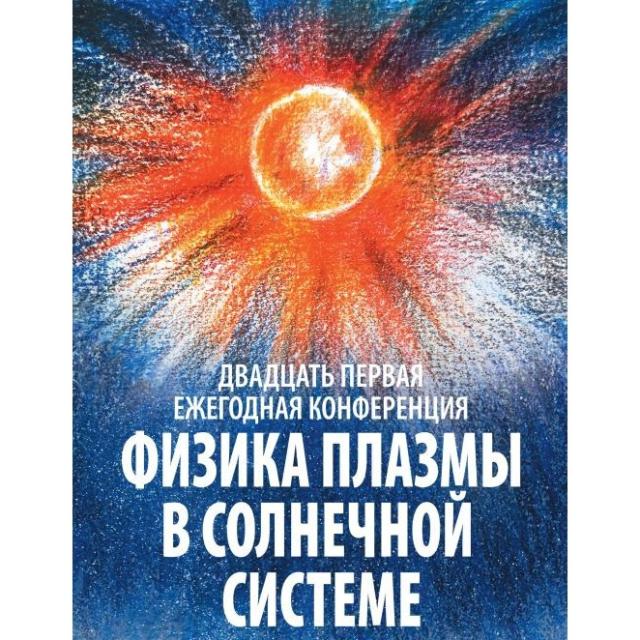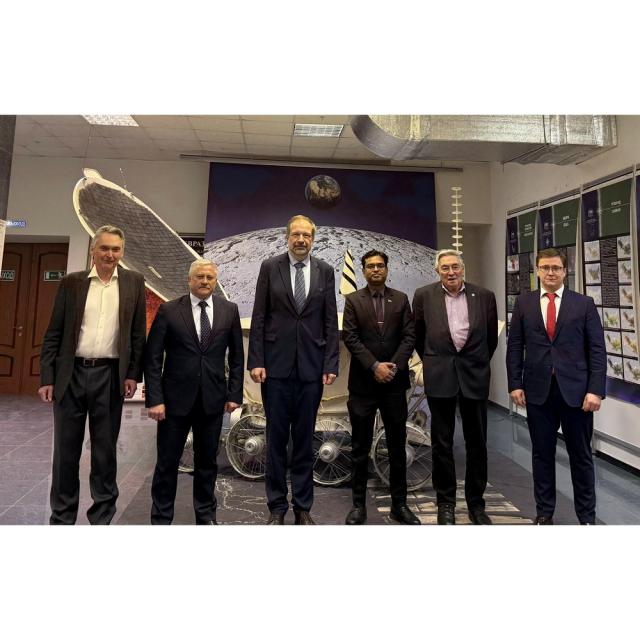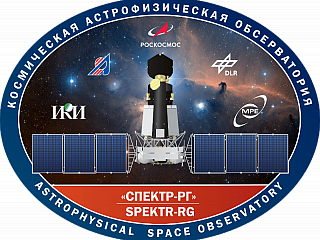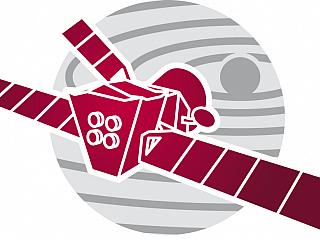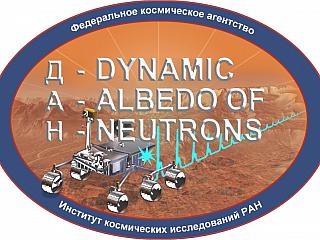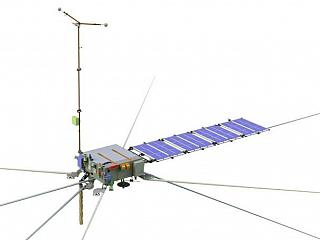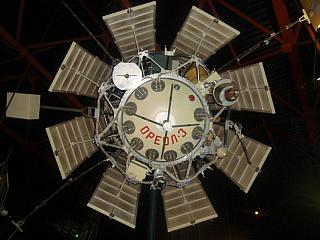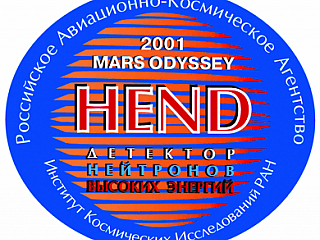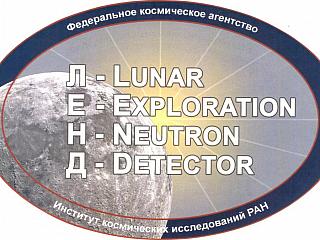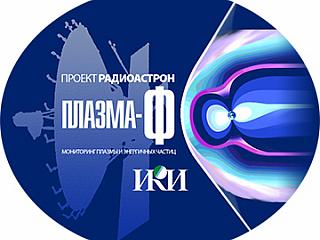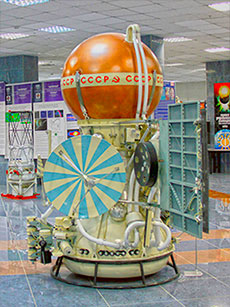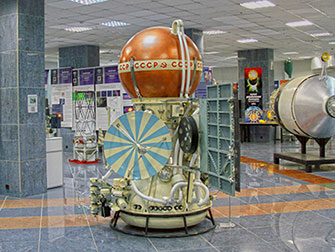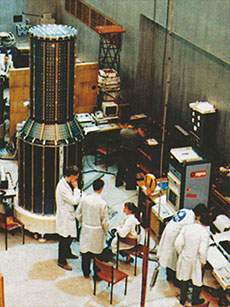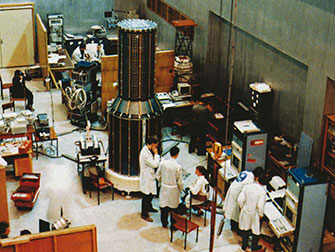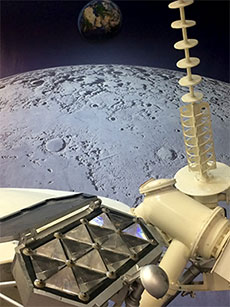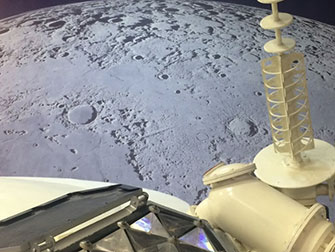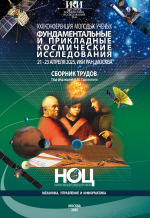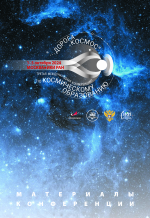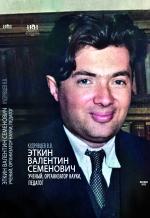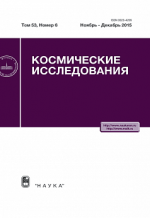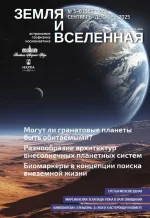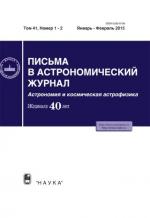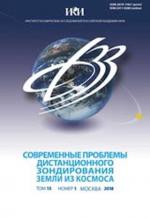ИКИ РАН — ведущий академический институт для фундаментальных, поисковых и прикладных исследований по различным направлениям космической науки и техники, разработки малых космических аппаратов, космической и наземной аппаратуры, информационных систем поддержки космических экспериментов.
Ключевая функция ИКИ РАН — реализация крупных научных космических проектов, принятых Российской академией наук и Госкорпорацией «Роскосмос».
In Space
Today, more than 25 instruments developed at the Space Research Institute (IKI) are operating on over 10 national and 5 foreign spacecraft in near-Earth space, at the Moon, Mars, and on the way to Mercury.
2 scientific experiments are being conducted on the International Space Station.
On Earth
In 2025, more than 1200 employees work at IKI RAS, including 5 full members of the Russian Academy of Sciences (RAS), 3 corresponding members of RAS, 5 RAS professors, 45 doctors, and 119 candidates of sciences, along with 63 young researchers.
The structure of IKI RAS includes 2 branches, 1 collective use center, and 1 unique scientific facility. Online archives are available with a total volume of over 9 petabytes of data.
Тема апреля 2021 года — Года науки и технологий
ОСВОЕНИЕ КОСМОСА
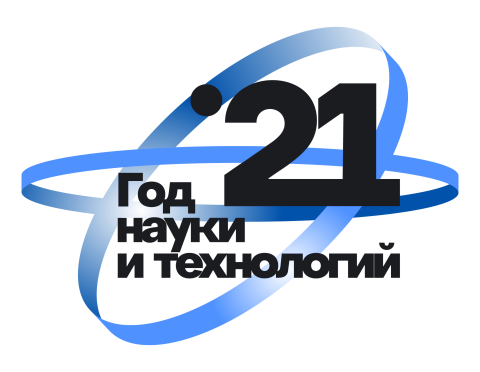
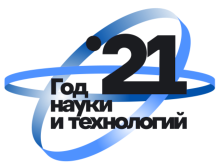
25 декабря 2020 года Президент Российской Федерации Владимир Путин подписал Указ о проведении в 2021 году в России Года науки и технологий. Каждый месяц Года посвящен определенной теме.
В апреле в память о 60-летии полета Юрия Гагарина, первого полета человека в космос 12.04.1961 года, этой темой станет «Освоение космоса».
ИКИ РАН активный участник мероприятий Года науки и технологий. В апреле мы будем рассказывать о самых интересных событиях в космических исследованиях и жизни Института, на нашем сайте и в соцсетях.
Поздравление Министерства науки и высшего образования России с Днём космонавтики
News and Events (full texts in Russian)
В космосе
Сегодня 39 приборов, созданных в ИКИ, работают на 10 отечественных и 6 зарубежных космических аппаратах в ближнем околоземном космосе, у Луны, Марса и на пути к Меркурию.
1 научный эксперимент проводится на Международной космической станции.
На Земле
В 2020 году в ИКИ РАН работают 1014 сотрудников, в их числе 4 действительных члена РАН, 3 члена‑корреспондента РАН, 4 профессора РАН, 51 доктор и 112 кандидатов наук, 40 молодых исследователей.
В структуре ИКИ РАН работают 2 филиала, 1 уникальная научная установка — центр коллективного пользования. В режиме онлайн доступны архивы данных суммарным объемом более 3 Петабайт.
В 2019 г. ИКИ РАН опубликовал 722 научные работы. Число публикаций в базе Web of Science: 265. Число публикаций в базе Scopus: 300.
Conferences
- ✎
23rd Young Scientists conference
April 22–24, 2026
Registration deadline: April 20; abstract submission deadline: March 23
- ✎
21st annual conference Plasma Physics in the Solar System
February 9–13, 2026
Conference ended.
In Russian
- ✎
High-Energy Astrophysics Today and Tomorrow 2025 (HEA-2025)
December 22—25, 2025
Conference ended.
In Russian.
- ✎
23rd international conference Modern Problems of the Earth Remote Sensing
November 10–14, 2025
Conference ended.
In Russian.
- ✎
16th Moscow Solar System Symposium (16M-S3)
October 20–24, 2025
Conference ended.
In English.
- ✎
Space Science Days — 2025
October 2 and 4, 2025
Official ceremony and Doors Open Day dedicated to the IKI 60th anniversary

